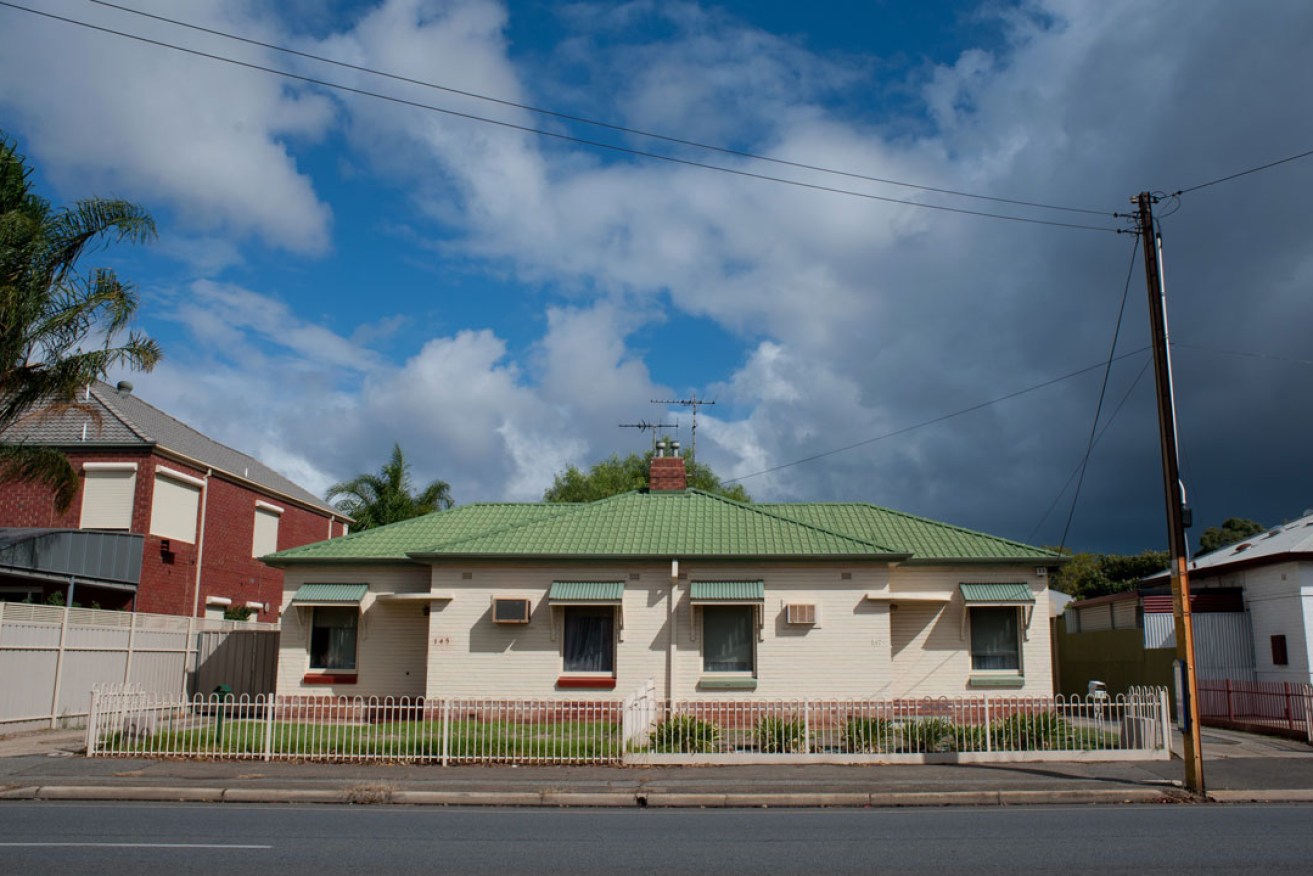Off the Bench: “Quick-fix” cap plan won’t boost council efficiency
Rate capping is not the way to get councils to better manage your money, writes Labor MP Chris Picton in response to yesterday’s Off the Bench opinion article by Liberal MP Stephan Knoll.

Photo supplied.
It’s that time of year when we start to receive our rates notices from our local councils. I’m sure you – like me – don’t open your rates envelope with any particular enthusiasm. There’s always that glossy brochure telling you how great your local council is, and the amount always seems higher than it should.
As a local state MP, most issues that come to my office are not about state or federal government – they are about local government issues.
People are regularly concerned with the average level of services provided, at very high cost, particularly when the often see significant funding wasted on bloated bureaucracies.
So when Liberals like Stephan Knoll say they want to cap your council rates, perhaps you think: “Bring it on!”
But as with most things, if it sounds too good to be true, it usually is.
There’s a few big issues with this latest delivery from the light-on-detail, high-on-hyperbole machine that is the State Opposition “brains trust”.
While everyone feel the pinch when the rates notices arrive, data shows that some of the rates people pay in other council areas are significantly higher than in South Australia.
Where there has been a cap for a long time (such as in New South Wales), there is evidence that consumers are still being hit – just in different ways – as other fees and charges imposed by councils go up much more than the council rates. The councils find other ways to raise the funding from you.
And in Victoria, which has recently gone down the path of a cap, people are finding that their rates are still rising much faster than the rate of inflation.
How funny that Stephan started his argument yesterday by quoting Hon Greg Crafter from the 2013 expert panel on local government reform, because this expert report did not recommend the introduction of rate capping.
To the contrary, the report recommends a whole range of other things that should be done to improve the democracy, accountability and financial management of local councils – ultimately, to make them manage your money better.
These include better financial oversight, reforms to council elections, performance monitoring of councils, meaningful community engagement, and work between councils to get better efficiencies in services such as rubbish collection.
These are all very worthy proposals and should be implemented by councils. But they don’t sound sexy on a political flyer – so we don’t hear Stephan talk about them.
Seven years ago I worked for the then federal health minister advising on private health insurance policies. As you might know, your health insurance premiums have to be approved annually by the health minister in an effort to keep them in check.
We worked hard to keep the increases to a minimum, rejecting some submissions when they didn’t seem justified. However, the combination of the ageing population, advancing technology and cost of services adds up quickly. The independent actuarial advice in most cases showed the health premium increases were justified – and in that case there’s not much the minister can do to prevent them.
I fear the same would happen under the Liberals’ proposition for councils. Good cases would be crafted by council bureaucrats to the regulator as to why increases should be significantly greater than inflation.
We need to elect better people and demand more of them
If you believe the Liberal Party – the Liberal Party of Victoria, that is – that’s exactly what is happening across the border right now. Councils are mounting the argument for significantly-higher-than-CPI increases based on issues such as population growth and infrastructure needs
The Victorian Liberals claim that due to rate capping being introduced there, the “future viability of Victoria’s municipalities is hostage to the whim” of the minister. The Liberals also claim the “promise to cap rates isn’t worth the paper it’s written on”.
The result is that rate capping is not having the effect that was promised.
Stephan, in his article, makes some references to government MPs who sat on councils with higher-than-CPI increases going back over a decade or more.
Of course he doesn’t mention those Liberal MPs – such as Michael Pengilly (up to 20 per cent), Vincent Tarzia (up to 6.5 per cent) or David Speirs (up to 7.5 per cent) – who have sat on councils where rate increases were well above CPI. Those examples must have slipped his mind!
There is a better way. It’s called democracy.
I do not think that our councils are perfect. I am in favour of many more ways in which councils should be more accountable to the public that they represent.
I believe our councils need much better engagement with the public. And they need better financial planning and oversight to ensure every ratepayer’s dollar is spent well.
We need to increase the democratic power over local councils. We need to elect better people and demand more of them. Only then will there be true pressure on council bureaucracies to find efficiencies and deliver both better services and more efficient rates.
Let’s look at meaningful reforms in a bipartisan way – not just quick fixes designed to make the Liberals seem like they have some policies.
Chris Picton is the Labor member for Kaurna and Assistant Minister to the Treasurer. Read Liberal MP Stephan Knoll’s argument in support of rate capping here.




